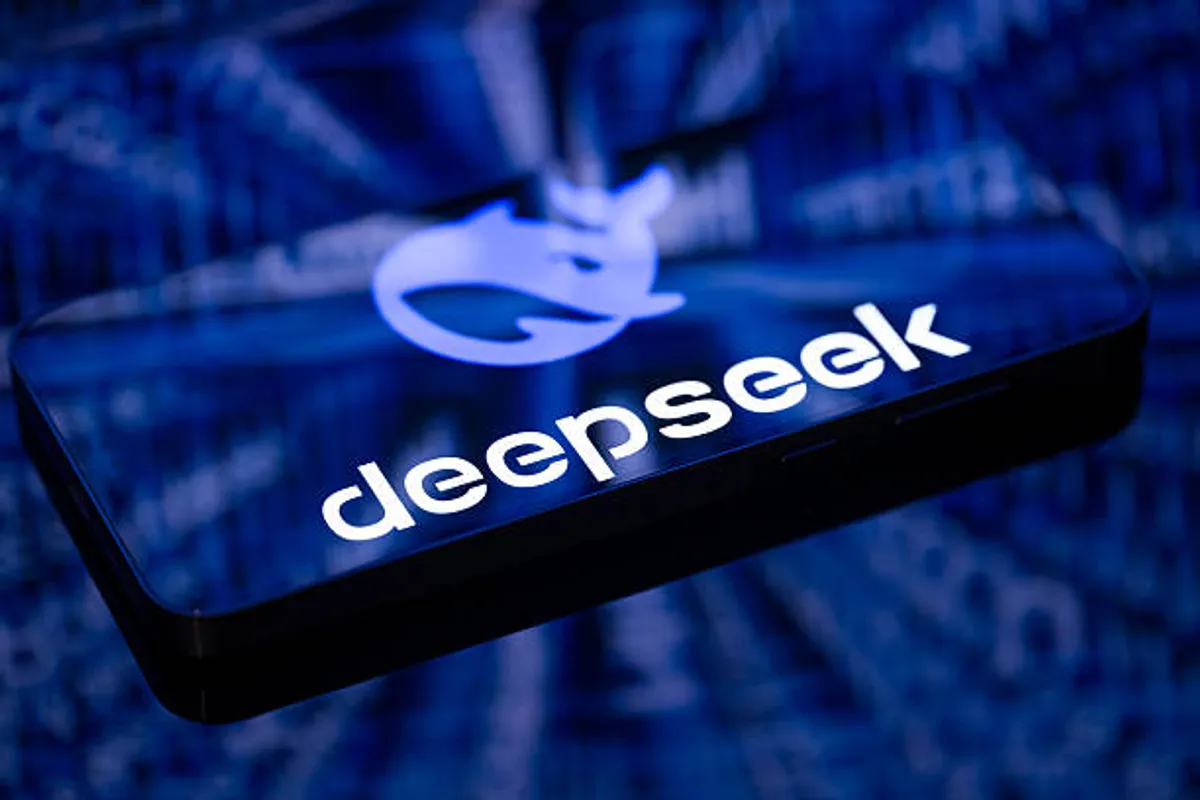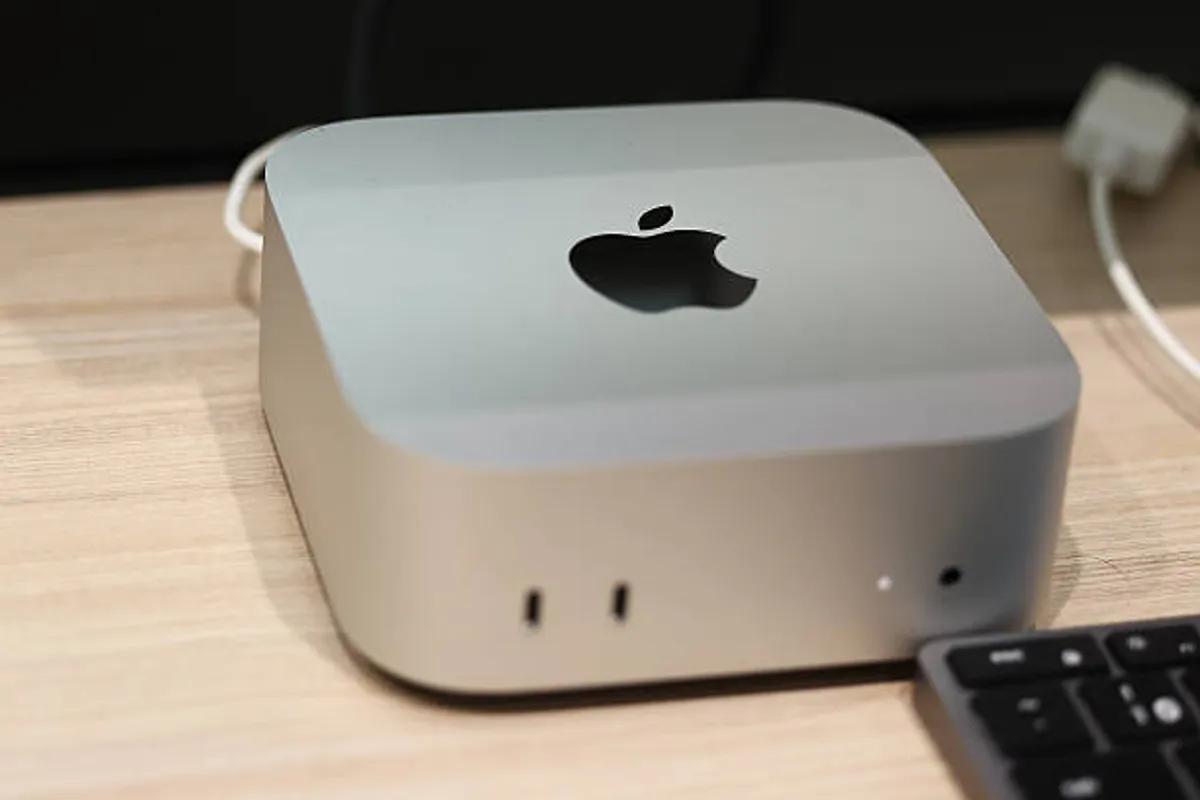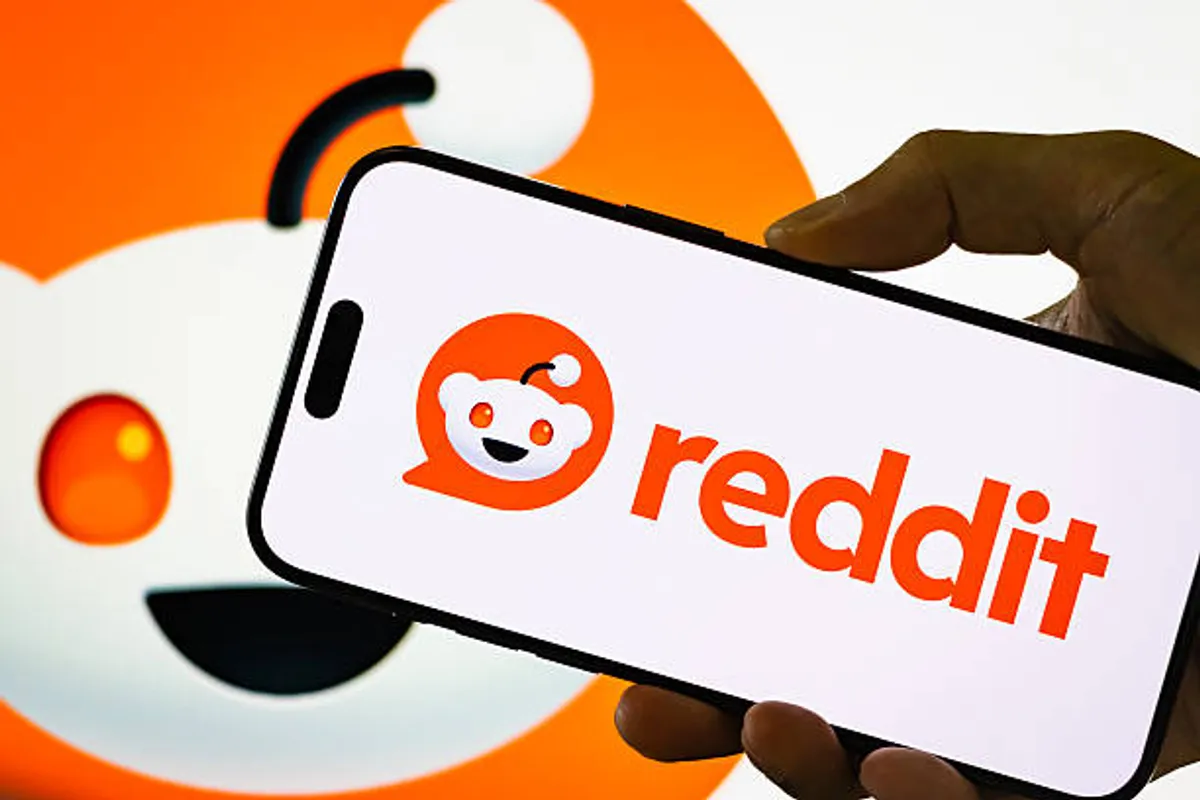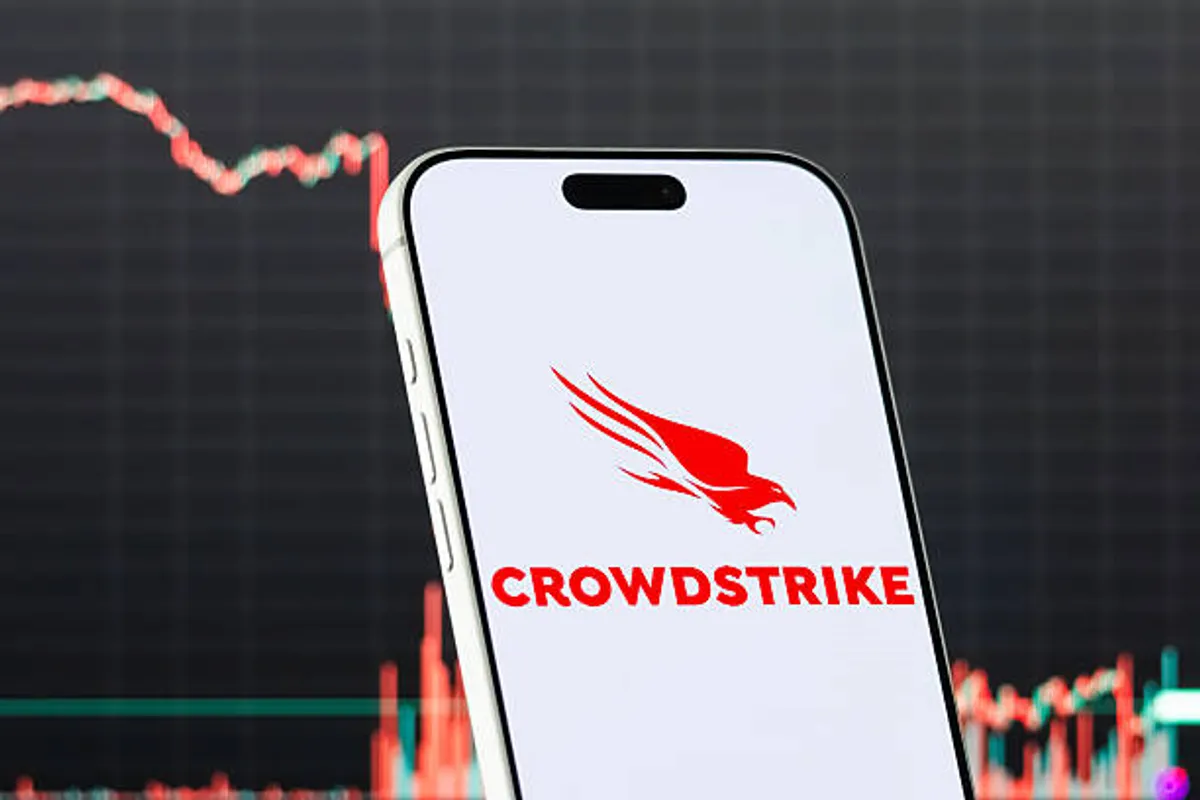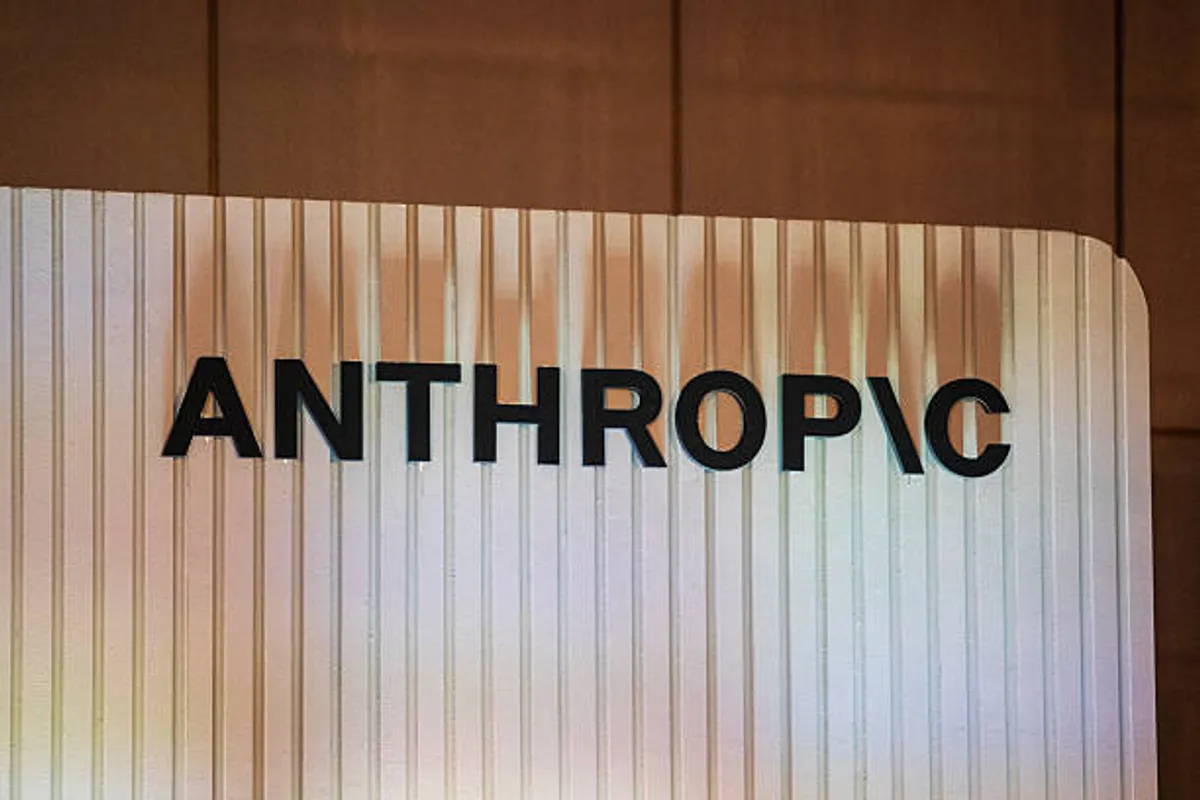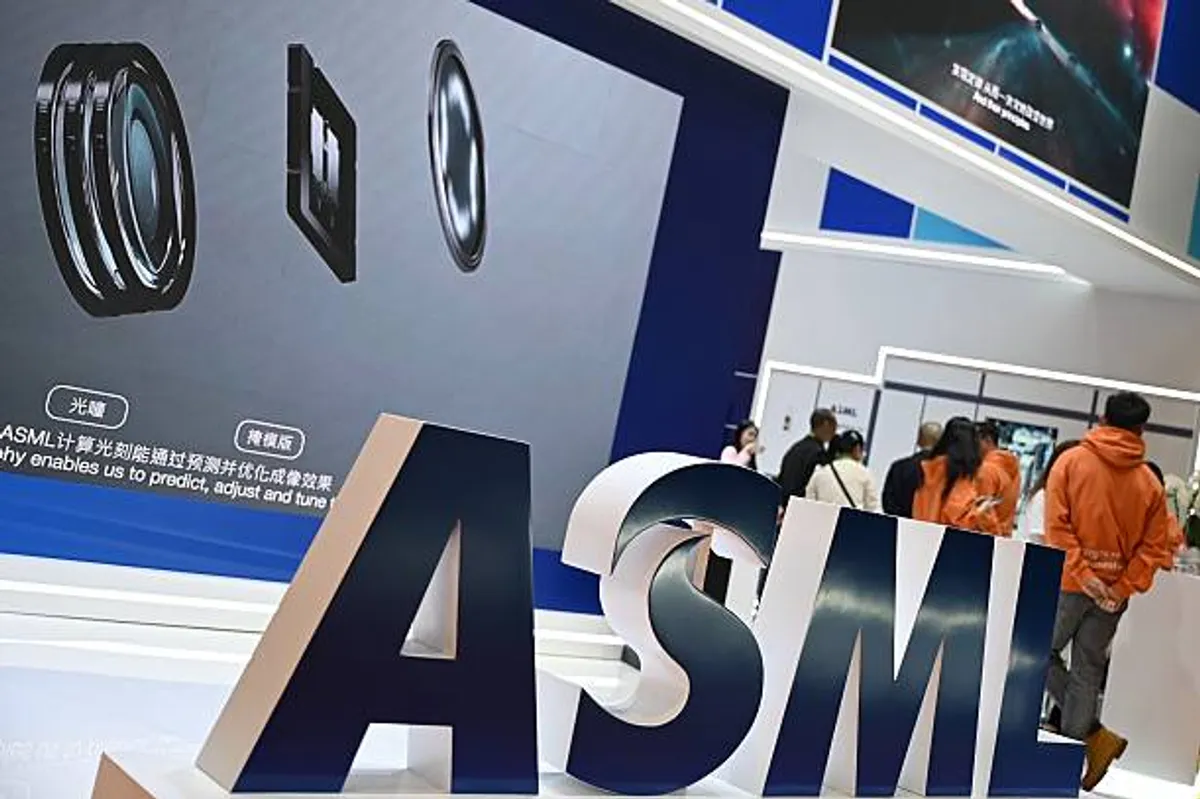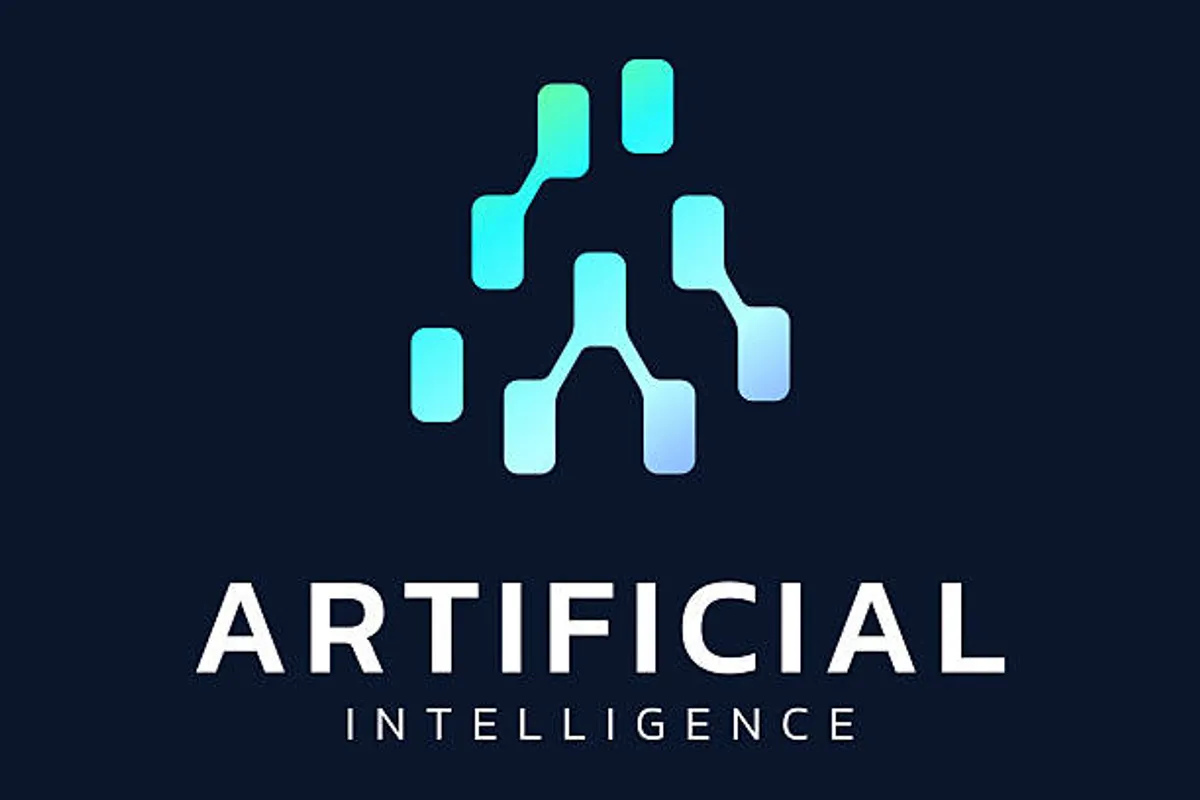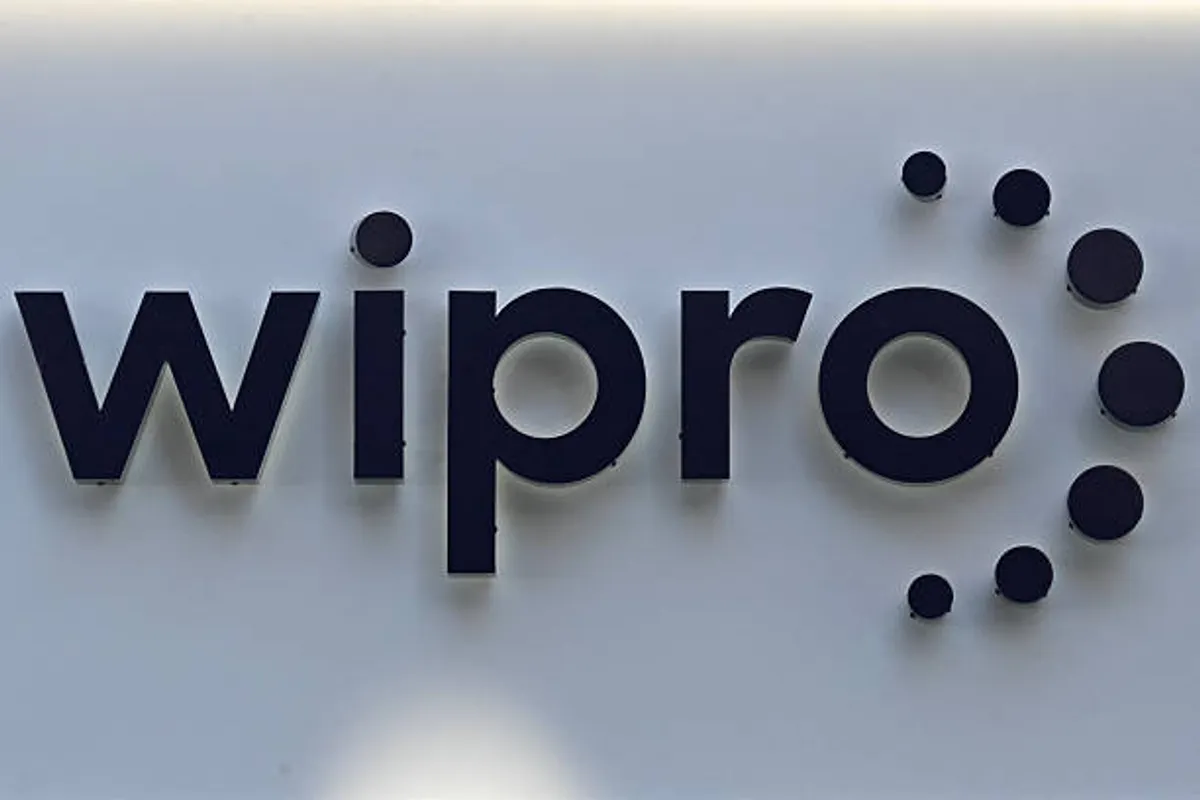OpenAI Battles Court Order to Hand Over Millions of ChatGPT Conversations

GeokHub
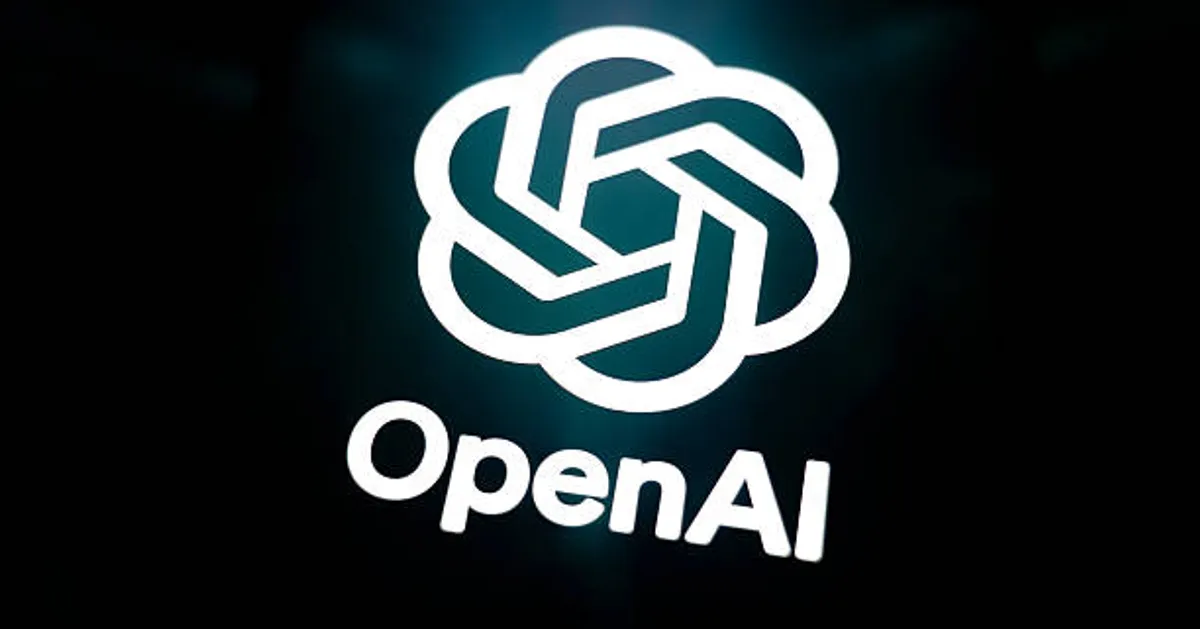
OpenAI has filed a motion asking a federal judge in New York to reverse a directive that mandates the company to disclose approximately 20 million anonymised conversation logs from its ChatGPT chatbot. The request arises in connection with a copyright-infringement lawsuit brought by The New York Times and other news organisations, which allege that ChatGPT was trained using their copyrighted content without permission.
OpenAI argues the disclosure order oversteps the case’s bounds, noting that nearly all of the logs are irrelevant to the alleged infringements and would expose private user conversations. The company emphasises that the logs would include personal and sensitive content from individuals who have no connection to the dispute. Meanwhile, the plaintiffs maintain that access to the logs is essential for determining whether ChatGPT reproduced their copyrighted work, including excerpts of articles.
Analysis / Impact:
This dispute places privacy rights and intellectual-property claims on a collision course — highlighting how legal demands for evidence in AI-training litigation can enter into tension with user confidentiality. For OpenAI and similar firms, the case raises deep questions about data stewardship: how much of a user’s interaction with an AI system can legitimately be surrendered in litigation, and what safeguards must accompany such disclosures.
For wider markets, including Nigeria and Africa, the outcome may have ripple effects. As adoption of AI-chat platforms grows, regulators and companies will need to consider both the protection of user data and the transparency of model-training practices. If courts increasingly allow expansive data turnover orders, user trust may erode; conversely, if such orders are blocked, publishers and copyright owners may struggle to gain access to needed evidence.
In short, the conflict illustrates a new frontier of tech regulation: where large-scale machine-learning systems, copyright law and privacy norms converge. The resolution of this case will likely set precedent for how AI companies are obliged to respond when training data is challenged and how user-generated content is treated in legal scrutiny.
